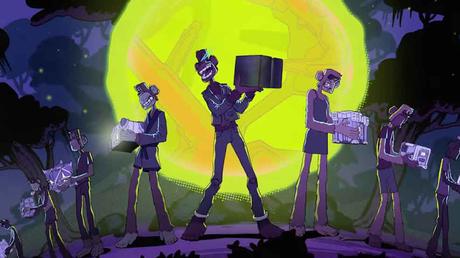
After weeks of testing, Zora, a platform for making NFTs, started its own Ethereum layer-2 scaling network today. It’s made to help artists and producers save money and have a better time using it.
It was first shown in May on a mystery website that called it “pure internet” and gave it the name “Zora Network.” Free and worth it. Connection and resonance. Free and open. Gaining freedom and growing. For all the world.”
It is protected by the Ethereum blockchain, built on the tech stack of the layer-2 scaling network Optimism, and is already used by more than 35 platforms, such as the on-chain music platform Sound, the wallet service Rainbow, and the Web3 app toolkit Thirdweb.
https://t.co/L4JGJMT51w pic.twitter.com/2BjPUAiFOh
— ZORA (@ourZORA) May 25, 2023
“Over the past six months, we’ve been reaching the upper limit of Ethereum mainnet,” said Jacob Horne, CEO and co-founder of Zora, in an interview with Decrypt. “We have 880,000 collectors and have made millions of NFTs, and we’ve found that the price of gas is a systemic barrier to adoption.”
Horne added that this is a problem for producers as well as collectors. In fact, many of the NFTs on Zora’s main scrolling list sell for less than $10, and some may even be free to mint. An Ethereum network gas fee of a few dollars, or even much more during busy times, could make the total cost of a transaction go up by a lot.
The layer-2 network for Zora was made so that these costs would be covered and hidden. Horne said that minting is 25 times cheaper on the network than it is on Ethereum.
“L2s have been around for a year. Mainnet Optimism and Arbitrum have been around, but they have mostly been used for DeFi and money,” he said. “I think the ecosystem and the market are ready for a network that’s made for art and media, and that really leans into all the interesting experiments you can do with a network like that.”
Zora is one of several NFT platforms that are trying to compete with industry leaders by adding new features and goods.
Three people who used to work at Coinbase started Zora in 2020. At first, it was a service that let musicians and other artists sell digital tokens tied to real items like cassettes. Since then, the company has changed direction and is now working on making an open-source protocol that lets anyone set up an NFT marketplace.
Content Source: decrypt.co
